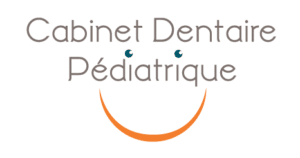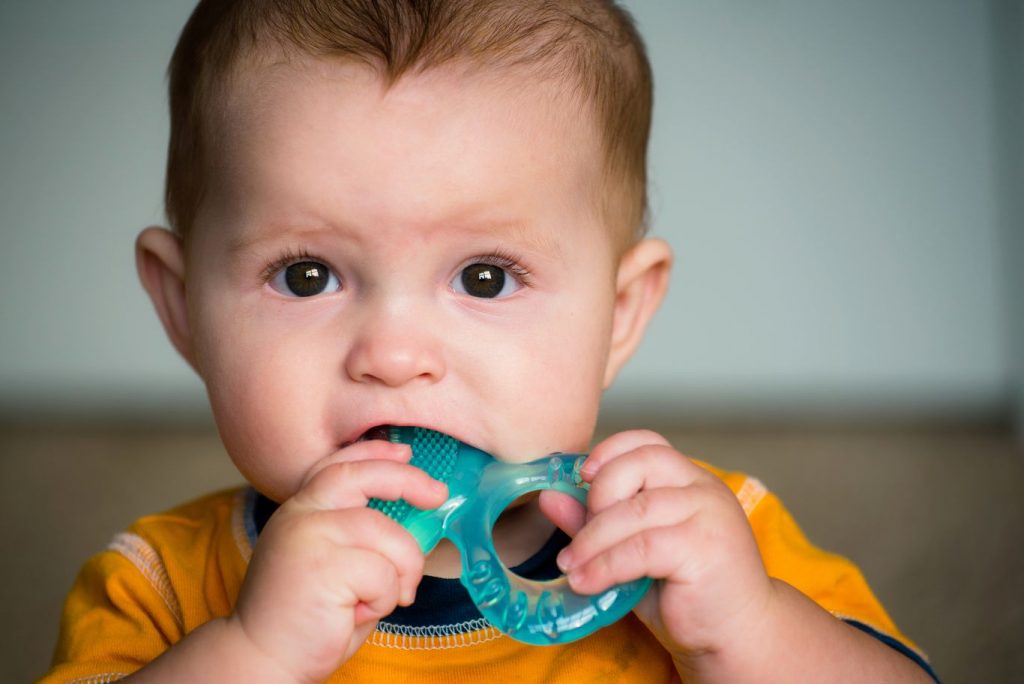Your little one salivates a lot, wants to chew on everything in sight, has red cheeks, cries and is probably irritable. It's very possible that you're dealing with a baby's teething.
Usually starting around the age of six months, the arrival of baby's first teeth is often dreaded by parents. In the following lines, you will know everything about the appearance of baby teeth in young children.
Baby's teething, a moment apprehended by parents
Teething in babies is a series of painful episodes. The baby's teething is sometimes accompanied by symptoms during which his teeth come out one after the other.
In fact, a baby's first teeth start to form in the oral cavity from birth until the age of three. By the age of three, the average child has 20 teeth, all of which are temporary.
Formation and development of baby's first teeth
The development of a baby's milk teeth is a science in its own right and is even the subject of targeted studies in pedodontics, which are accessible after studying dentistry. These studies are intended to train the future generation of pediatric dentists.
An infant's baby teeth are formed as early as the eighth week of pregnancy. While some babies are born with one or more teeth, others must wait until six months of age before the first baby tooth erupts through the gums. L'The order of teething is generally common to all babies.
The development of a baby's temporary dentition takes three years. At this stage, the young child has incisors, canines, and first and second molars.
The issue of teething in the premature baby
Parents of premature babies have legitimate questions about teething. In fact, a premature baby has a developmental delay. To evaluate the growth of the baby's weight and height, its neurological development and the evolution of its teeth, specialists use the corrected age, which corresponds to the real age minus the missing gestation period.
Therefore, premature babies grow their teeth according to their corrected age. In any case, parents should not be concerned if their baby's teeth come out earlier or later than average: in any case, the baby will have 20 baby teeth between the ages of two and three.
Difficulties and abnormalities related to baby's teething
Baby's oral health begins during pregnancy. To ensure the optimal dental development of the unborn child, the mother must adopt a healthy, varied and nutritious diet. Otherwise, the enamel of the newborn's teeth may be deficient. Later on, the child is likely to be subject to early decay, which causes pain and infection.
Moreover, after birth, some difficulties and abnormalities can be noticed during the baby's teething. These accidents of tooth eruption are a legitimate reason for parents to ask questions.
Among the said accidents or anomalies: delayed dental eruptions (isolated or generalized delays), dystopic or ectopic dental eruptions, formation of cysts or hematoma, etc.
There are many causes of these manifestations (physiological, traumatic, hereditary). In order to avoid that the baby's first tooth doesn't grow in crookedor if he finds himself in the situation where one of his teeth do not grow in the palate or in the case where a permanent tooth grows behind a baby toothEarly detection and management are key.
Helping baby cope with teething throughout its duration
If some babies do not feel any pain during teething, others, on the contrary, do not tolerate it very well. Don't panic, there are simple tips and gestures to relieve baby's teething. For example, the parent can give him a refrigerated teething ring to chew on, massage the swollen area with a suitable product available in pharmacies or even give him paracetamol in a dose adapted to his age.
Discover our article dedicated to necklaces to relieve baby's teethingincluding amber necklaces, and our advice on this subject.
When to see a pedodontist because of teething?
As a rule, teething does not warrant a visit to a pediatric dentist. However, if the teething is accompanied by a particularly persistent fever or if the child has acute diarrhea, it is best to consult a pediatric dentist quickly.




